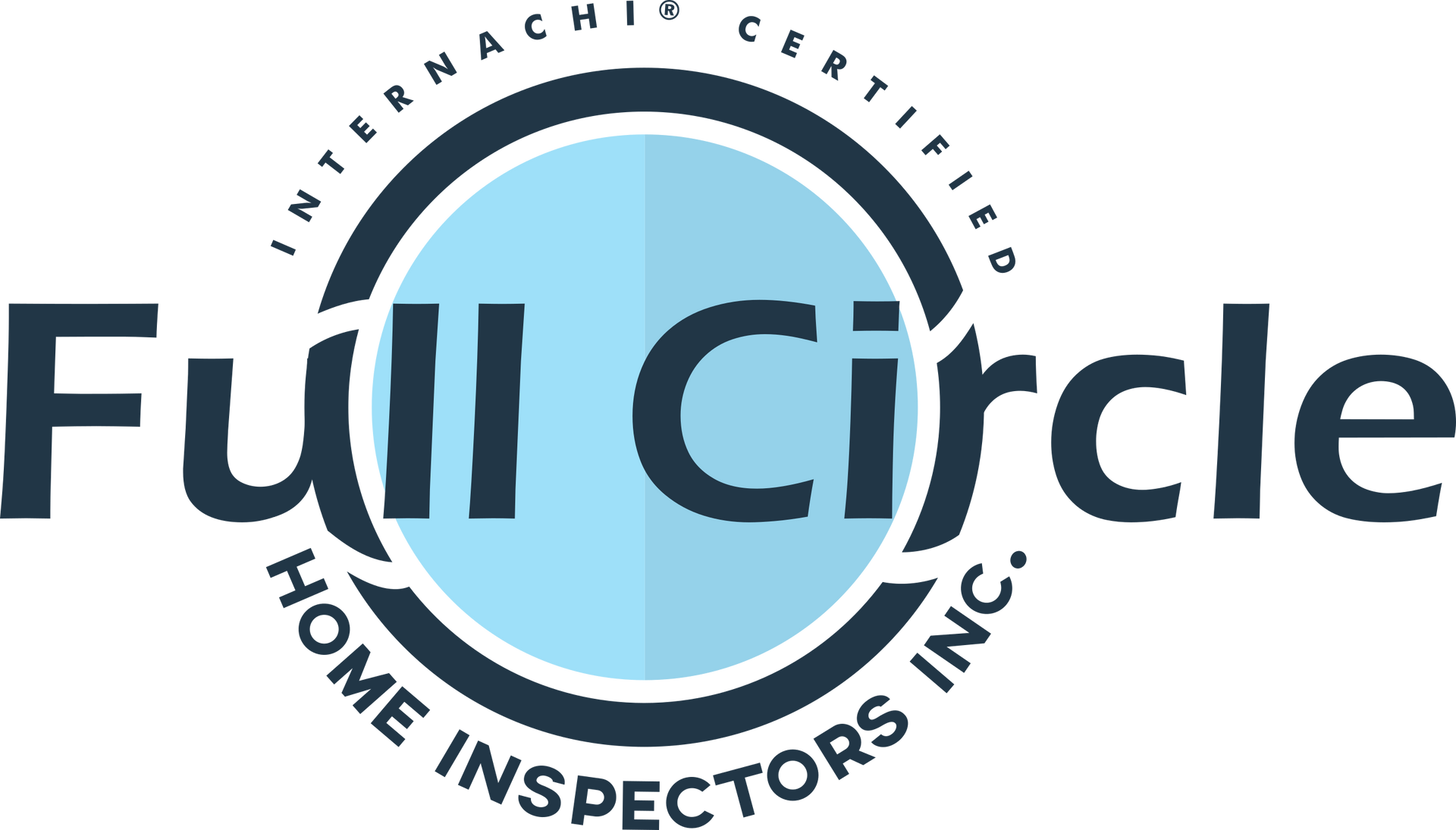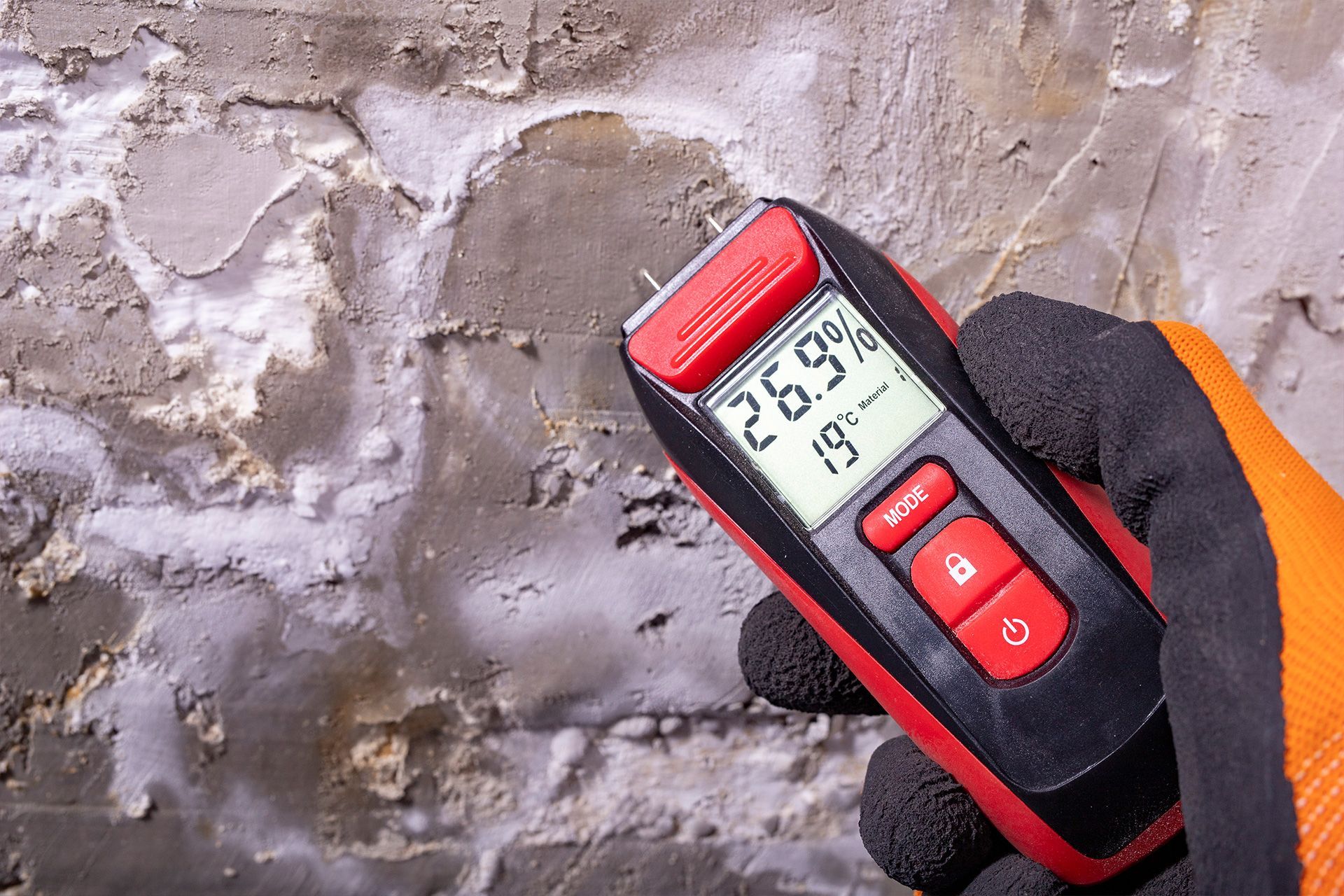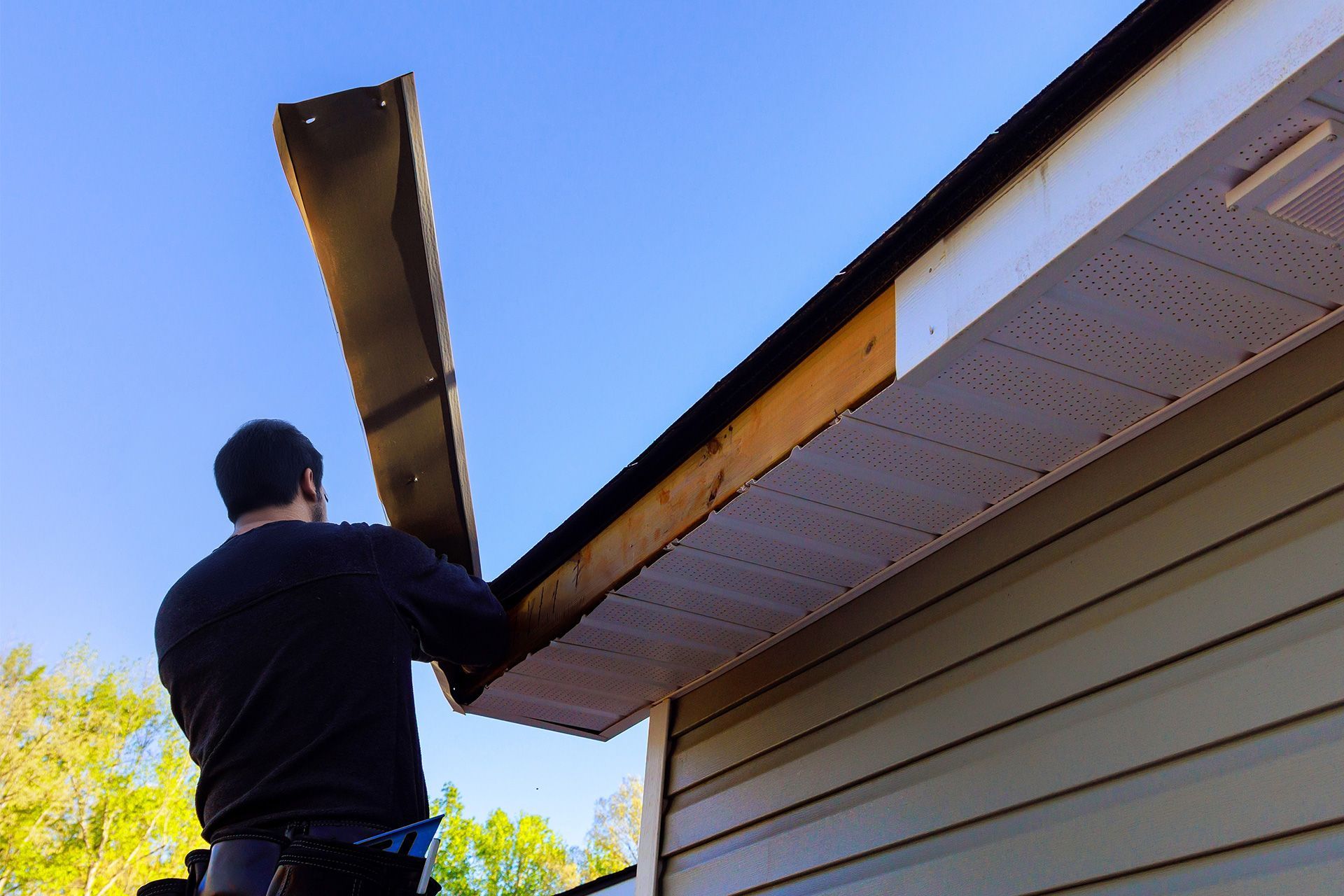How To Pass a 4-Point Home Inspection?
If you own a home in the USA, you may have heard about a 4-point inspection, also known as a four-point inspection. This inspection is particularly essential for most homes while searching for homeowners insurance even including newly built homes. It looks at the four main systems in your house: the roof, electrical, plumbing, and HVAC. Passing a 4 point home inspection helps you get insurance and ensures your home is safe.
What is a 4 Point Home Inspection?
A 4 point home inspection is a detailed check of the four critical parts of your home:
- Roof – Inspecting for leaks, damage, or wear.
- Electrical System – Checking wiring, outlets, and breaker panels.
- Plumbing – Ensuring pipes, water heaters, and drains are working properly.
- HVAC – Examining your heating and cooling systems.
Insurers focus on these four systems because they are the most expensive to repair and often face the most problems.
Why a Four Point Inspection Matters?
The results of a 4 point home inspection are crucial. Insurance companies use them to assess risk before approving or renewing policies. Passing this inspection can:
- Help you secure better insurance rates.
- Prevent costly repairs in the future.
- Ensure your home is safe for your family.
Tips to Pass a 4 Point Home Inspection
1. Inspect and Repair the Roof
Check for missing shingles, leaks, or water damage. Replace damaged parts before the inspection. A strong roof shows insurers your home is protected.
2. Upgrade Your Electrical System
Old or faulty wiring can be dangerous. Hire a licensed electrician to check your outlets, panels, and switches. Replace outdated or damaged parts.
3. Check Plumbing
Look for leaks, rusty pipes, or slow drains. Fix any problems and make sure your water heater works efficiently. Insurers want homes with reliable plumbing.
4. Maintain HVAC Systems
Clean filters, check for strange noises, and schedule a professional inspection if needed. A working HVAC system demonstrates your home’s comfort and safety.
5. Keep Records
Keep receipts and records of recent repairs or upgrades. These documents help inspectors and insurance companies see that your home is well-maintained.
6. Prepare for the Inspector
Make sure the inspector has easy access to all four systems. Clear out attics, basements, and utility closets. This makes the inspection smooth and faster.
Common Problems That Can Affect Your Inspection
Some issues can make your 4 point inspection more difficult:
- Leaking roof or missing shingles
- Old or faulty electrical wiring
- Rusted or leaking plumbing
- Non-working HVAC units
- Mold or water damage around the house
Fixing these problems before the inspection increases your chances of passing.
Benefits of Passing a 4 Point Home Inspection
Passing a four point inspection is not just about insurance approval. It also:
- Gives peace of mind knowing your home systems are safe
- Helps plan for future repairs and maintenance
- Can increase the resale value of your home
Final Thoughts
A 4 point
home inspection is a simple but essential way to protect your home and your wallet. By checking the roof, electrical, plumbing, and HVAC systems, and fixing any issues, you ensure your home is safe, insured, and ready for the future.
Schedule your 4 point home inspection with Full Circle Home Inspectors today to protect your home and family.
FAQ About 4 Point Home Inspections
Is a 4 point inspection mandatory?
Insurance companies usually require a 4 Point Inspection for most homes including new construction homes.
How long does a 4 point inspection take?
Most inspections take 1-2 hours depending on the size of your home.
Can I do the inspection myself?
No. Only licensed inspectors should perform a 4 point home inspection to ensure accuracy and insurance approval.
What happens if my home fails the inspection?
The inspector will report the issues. Fixing them and re-inspection usually solves the problem.
How often should I get a 4 point inspection?
Typically, only when buying a home, renewing insurance, or if your insurer requests it.
Disclaimer: The information on this website and blog is for general informational purposes only and is not professional advice. We make no guarantees of accuracy or completeness. We disclaim all liability for errors, omissions, or reliance on this content. Always consult a qualified professional for specific guidance.







